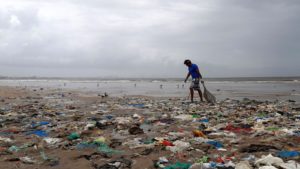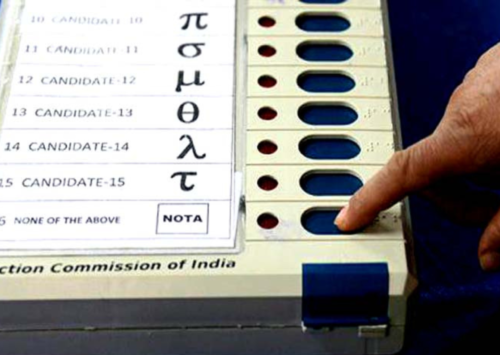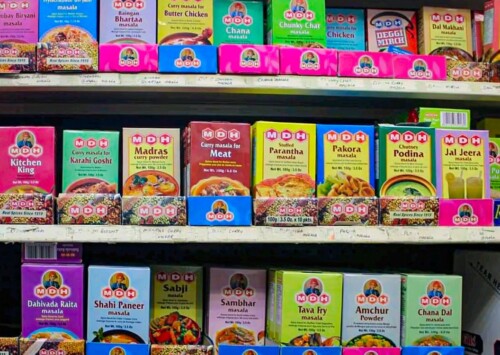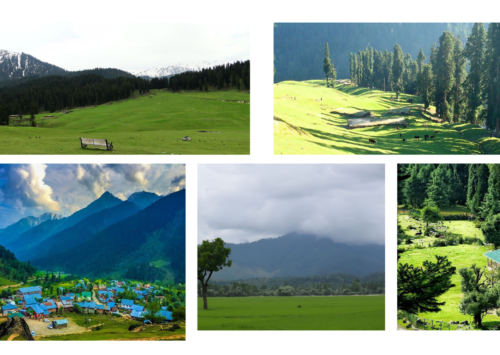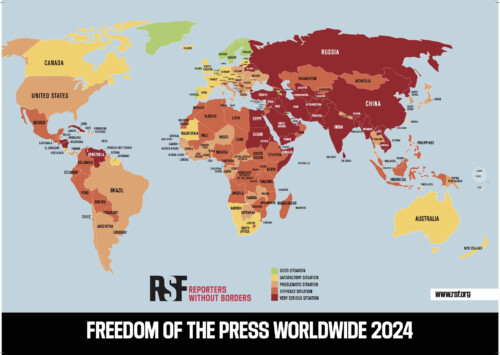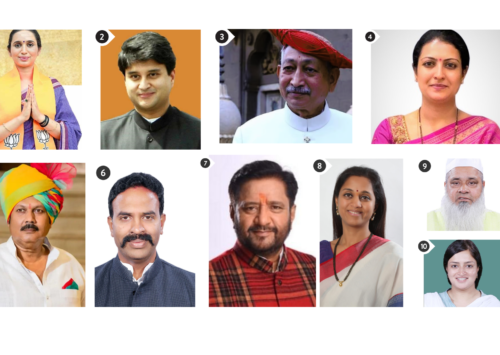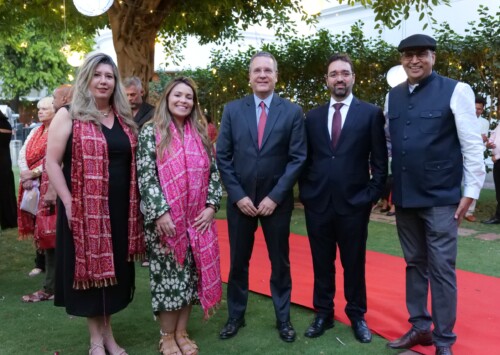Maharashtra government bans plastic
The plastic ban in Mumbai has been lauded by many but the decision has taken a toll on the plastic industry, retailers, and unorganised markets in the state. The ban has left nearly 300,000 individuals without jobs and the plastic industry is staring at a loss of INR 150 billion.
June 23, was a proud day for Mumbai when it became the first Indian city to ban plastic. Earlier, in March, the Maharashtra government had imposed a ban on the manufacturing, use, sale, distribution and storage of plastic materials, especially single use plastic that comes in the form of bags, spoons, plates, PET and PETE bottles and thermocol items. A threemonth time period was provided by the government for the disposal of existing stocks, which ended on June 23.
Soon after the ban the Brihanmumbai Municipal Corporation (BMC) started implementing the plastic ban in the state by fining retailers in Mumbai. The government has imposed fines of INR 5,000, INR 10,000 and INR 25,000 for the first three offences. There is also a provision of imprisonment up to three months for a repeat offender. According to Section 9 of the Maharashtra Non-biodegradable Garbage Control Act 2006, if one cannot pay the fine as prescribed under the law, one would be prosecuted.
BMC plastic inspectors in navy blue jackets have been posted across the city to catch shopkeepers or residents still using plastic bags. McDonald’s and Starbucks have already been fined for using plastic deliverables. The ban is proving to be quite strict as within three days of the ban BMC collected a fine of about INR 295,000 from people who flouted the ban.
“The laws have become very strict and none of the shopkeepers are providing plastic bags anymore. While purchasing vegetables we have to carry our own bags. Though the shops have introduced paper bags they are charging certain amount for that,” Amisha Narsinghani, a working professional living in Mumbai told MIG.
Jobs affected
The decision to ban plastics in the state has been hailed by environmentalists but the decision has taken a toll on the plastic industry, retailers, unorganised markets and app-based food delivery units in the city.
According to the plastic manufacturing industry, the plastic ban, including carry-bags and thermocol, will result in loss for the Indian economy. “The ban imposed by Maharashtra from Saturday has hit the industry very hard and the plastic industry is staring at a loss of INR 150 billion, leaving nearly 300,000 people jobless overnight,” said Plastic Bags Manufacturers Association of India general secretary Neemit Punamiya. He said that the ban was “discriminatory” as it left nearly 2,500 members of the association with no option but to shut down shop following the ban.
Experts are of the opinion that job losses from the ban will impact the state’s GDP, and also increase banks’ bad loans from the plastic sector. Hipen Bheda, president of the All India Plastics Manufacturers’ Association, said the ban in its current form was unclear and so widely drawn that it could harm the economy.
What to use and what not to use
The citizens of Mumbai have to stop using plastic bags, disposable plastic cutlery, disposable thermocol items, plastic wrap used for packaging and storage, non-woven polypropyleme bags, plastic pouches for storing liquid, plastic packaging for food items, and plastic and thermocol decoration.
What they can use are small PET bottles, packaging materials for medicines, solid waste, and agriculture sector, bags used to plant nurseries, food grade virgin plastic bags over 50 microns, milk pouches over 50 microns, and wrapping at manufacturing stage.
The state government is also planning to withdraw its restrictions from items like the plastic pouches used to pack items such as rice, sugar or pulses that are sold lose at the local grocer till the time manufacturer sets up mechanism to collect and recycle this plastic material.
Going for alternatives
Plastic ban has made shopkeepers look for alternatives, which has boosted the paper manufacturing companies. Shopkeepers are now turning towards paper bags, jute bags, tin foils, etc. According to analysts paper is fast emerging as a key alternative and that’s a boon for paper manufacturers.
A three day exhibition organised by BMC had some 5,000 visitors who came looking out for alternatives to plastics. The exhibition had 100 stalls put up by companies and self-help groups, that showed visitors compostable bags priced at INR 100 to INR 140 for a bundle of 100, compared to the INR 70 they paid so far for 10 inch by 14 inch standard size plastic bags.
Even though people agreed on moving towards a healthier environment, they found the green alternatives to be very expensive. “The ban on plastic is a wise decision but the problem with the alternatives like jute bags or paper bags is that firstly it is a bit costly when compared to plastics and secondly we can’t use it during heavy rains as there are high chances that our items will get destroyed,” added Narsinghani.
Plastic, a menace to the environment
On June 5, India hosted World Environment Day, and the focus this year was on the epidemic of plastic waste. About 6.3 billion tonnes of plastic globally has been discarded into the environment since 1950, which is not expected to break down for at least 450 years.
India’s use of plastic is less than half of the global average, that is, about 11kg a year per capita compared with 109kg in the United States of America (US). According to a 2015 study, India is among the top countries for mismanaging plastic waste in the world. Scattered plastic wrappers, bags, cups and bottles are a common sight on the streets of Indian cities. As on June 21, the BMC has collected 145 tonnes of banned plastic from Mumbai. Only with time we will see how effective the ban will prove for the environment.

